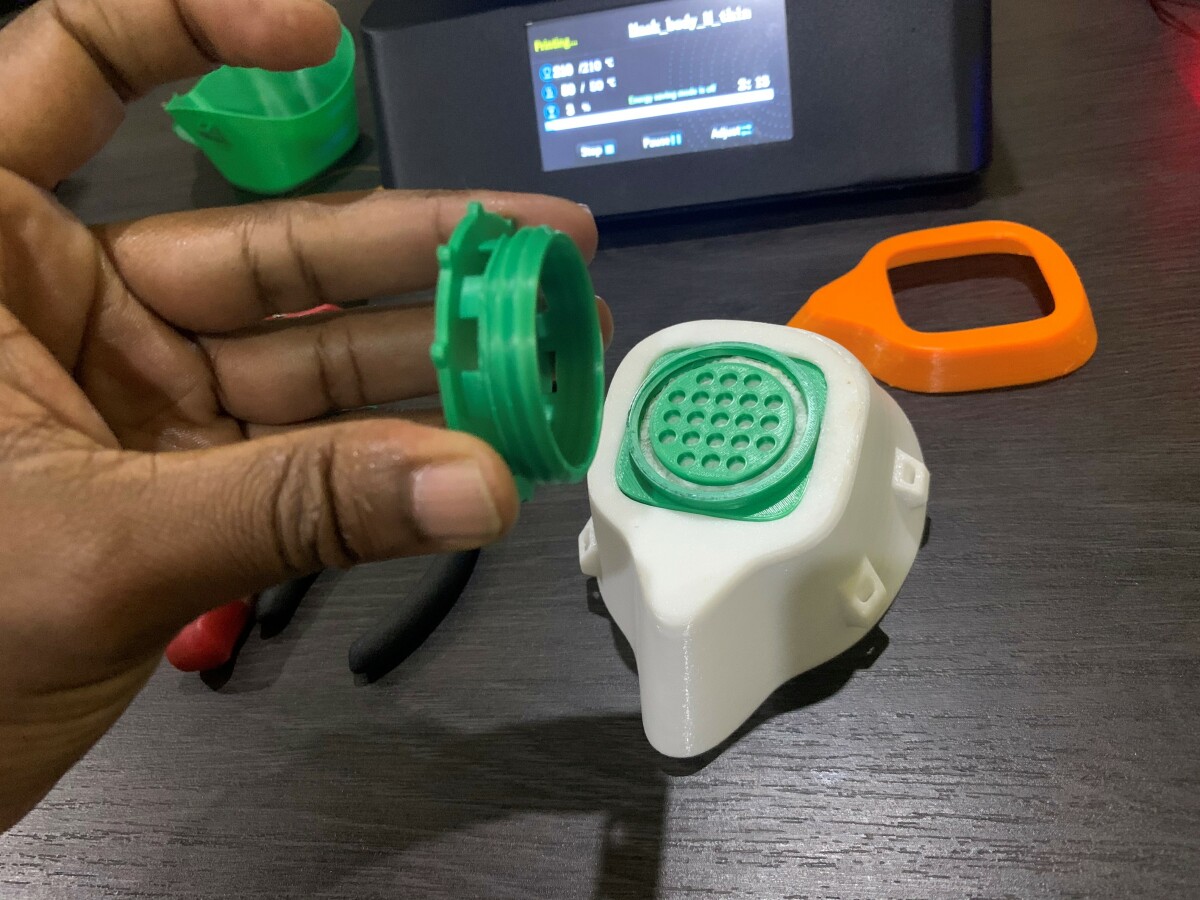Rapid response to the COVID-19 crisis using digital fabrication in Malawi

Rapid response to the COVID-19 crisis using digital fabrication in Malawi*
PIs: Lucia Corsini (Institute for Manufacturing, Department of Engineering, Cambridge University, UK), Mayamiko Nkoloma (The Malawi Polytechnic, University of Malawi) & Prof Kamija Phiri (College of Medicine, University of Malawi)
Co-Is: Dr Ndifanji Namacha (Ministry of Health and Population, Malawi), Dr James Moultrie (Institute for Manufacturing, Department of Engineering, Cambridge University, UK)
Collaborators: Dr Lara Allen (Centre for Global Equality, UK) and Sandile Mtetwa (Department of Chemistry, Cambridge University, UK)
COVID-19 poses a serious threat to the health care system in Malawi. An unprecedented demand for medical supplies, coupled with global supply chain disruption, has resulted in a widespread shortage of Protective Personal Equipment (PPE). In Malawi, severe shortages of PPE, including face masks and face shields, have led to protests by health workers[1].
In other parts of the world, the failure of traditional industry to meet the demand for critical items has given rise to small-scale, localised production of PPE using digital fabrication (i.e. 3D printing, laser cutting, CNC milling). These initiatives leverage Open Source Hardware (OSH), where designs are made freely accessible so that anyone can use and modify them.
As the first cases of COVID-19 were reported in Malawi just over two weeks ago, this is a critical window of opportunity to tackle COVID-19. This project will develop digital fabrication capabilities in Malawi to support the production of urgently needed face masks and face shields. This is a stop-gap solution to locally produce PPE, at a time when these items cannot be imported in sufficient quantity or are subject to lengthy delays.
This research brings together a team from Cambridge University, The Centre for Global Equality and colleagues at The University of Malawi (The Polytechnic and The College of Medicine) in collaboration with the Ministry of Health. The aim is to develop a rapid response roadmap to identify the key activities and requirements for deploying digital fabrication tools in a crisis. The insights from this intervention will be relevant to other regions with limited manufacturing infrastructure, and will improve preparedness for future crises.
*This project is supported by a Cambridge-Africa ALBORADA Research Fund COVID-19 Emergency Award.
[1] https://www.aljazeera.com/news/2020/04/malawi-health-workers-protest-lack-protective-gear-200414165616071.html

